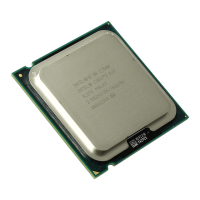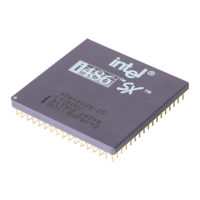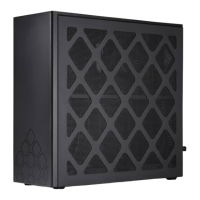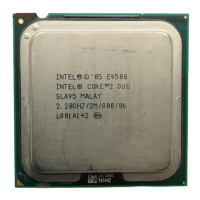Intel
®
EP80579 Integrated Processor Product Line—High-Speed Design Concerns
Intel
®
EP80579 Integrated Processor Product Line
Platform Design Guide May 2010
50 Order Number: 320068-005US
Processor performance and frequency double approximately every two years. With this
in mind, it is advisable to be prepared for the frequencies that may need to be scanned
in the next few years.
Since the FCC rules ultimately require testing to 40 GHz, commercial test equipment
has been developed that is capable of making measurements to that frequency.
Although it may be some time before processors require testing at this frequency, it
may be less expensive to upgrade to 40 GHz test equipment now, rather than making
several intermediate steps.
It is also possible to upgrade various parts at different times. The spectrum analyzer
may be upgraded to 40 GHz today with only the necessary antennas to support the
initial processor frequencies. As processor speed increases, the necessary antennas
and cables may be purchased that support testing to the higher levels.
5.5.4 Spread Spectrum Clocking (SSC)
Spread Spectrum Clocking (SSC) is defined as continuously ramping or modulating the
processor clock frequency over a predefined range (see Figure 22). SSC reduces
radiated emissions by spreading the radiated energy over a wider frequency band (see
Figure 23). Thus, instead of maintaining a constant system frequency, SSC modulates
the clock frequency along a predetermined path or modulating profile. Figure 22 shows
an example of a predetermined modulation frequency. The modulation frequency is
usually selected to be larger than 30 KHz (above the audio band) and small enough not
to upset system timings (less than 0.8% of the clock frequency). SSC has been
demonstrated to reduce peak radiation levels effectively, making EMC compliance
easier to achieve.
To conserve the minimum period requirement for bus timing, the SSC clock is
modulated between f
nom
and (1-δ)*f
nom
, where f
nom
is the nominal frequency for a
constant frequency clock. The ‘δ’ specifies the total amount of spreading as a relative
percentage of f
nom
. The modulation percentage is always a function of 1-δ and not 1+δ,
as increasing the clock frequency above the rated speed of the processor may cause
unpredictable operation.
Figure 22. Spread Spectrum Modulation Profile
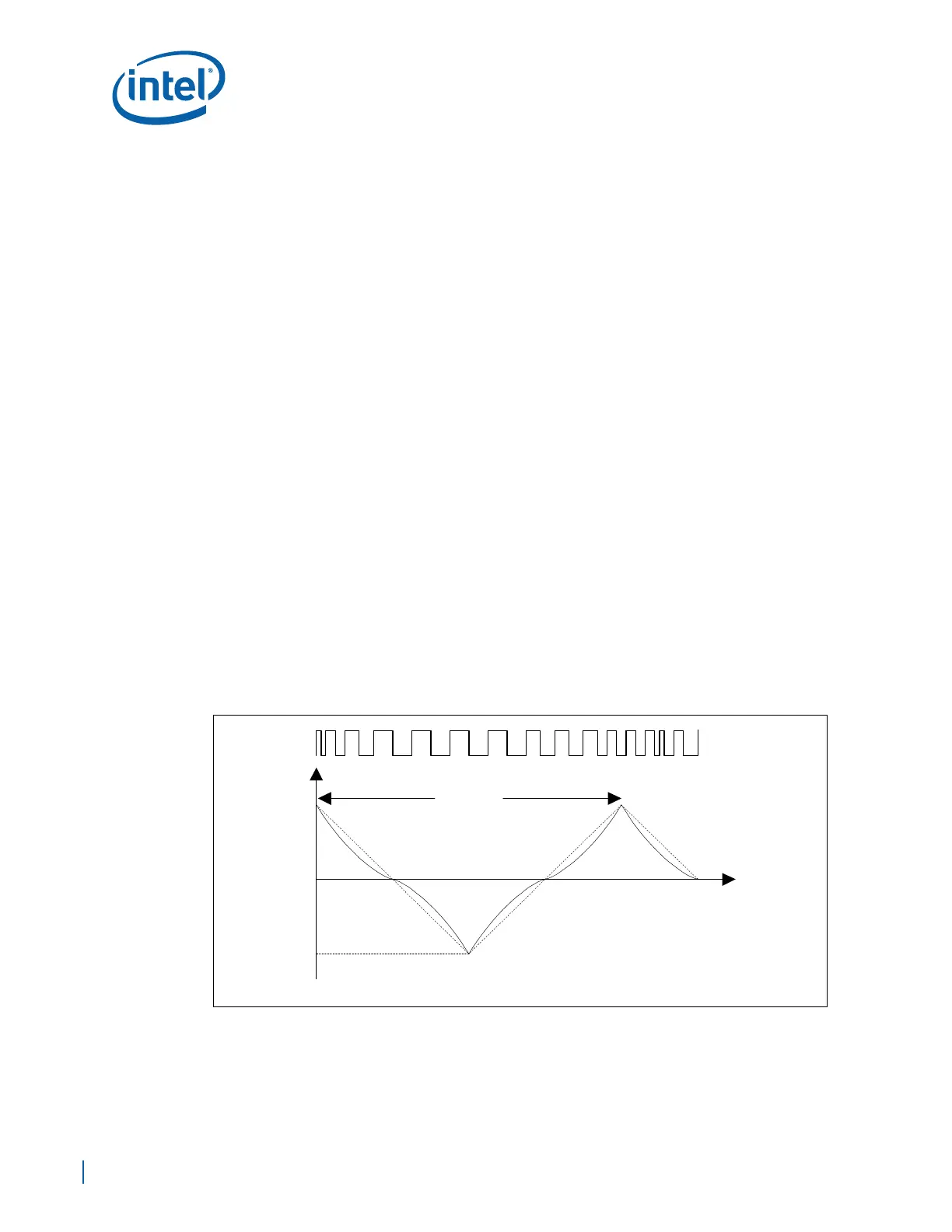